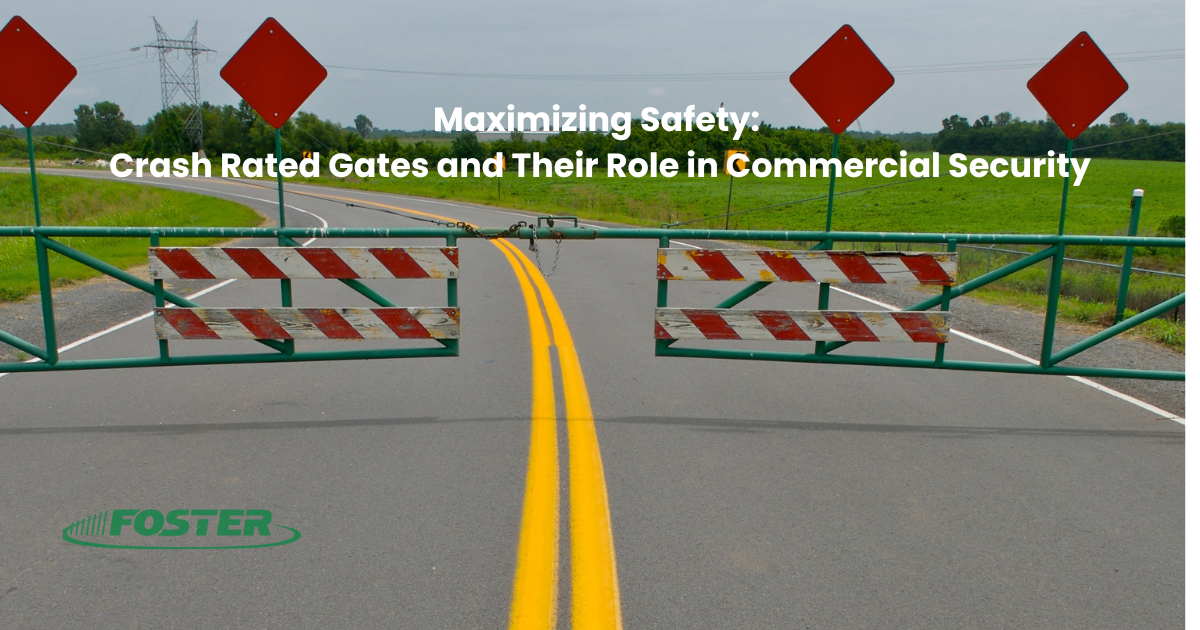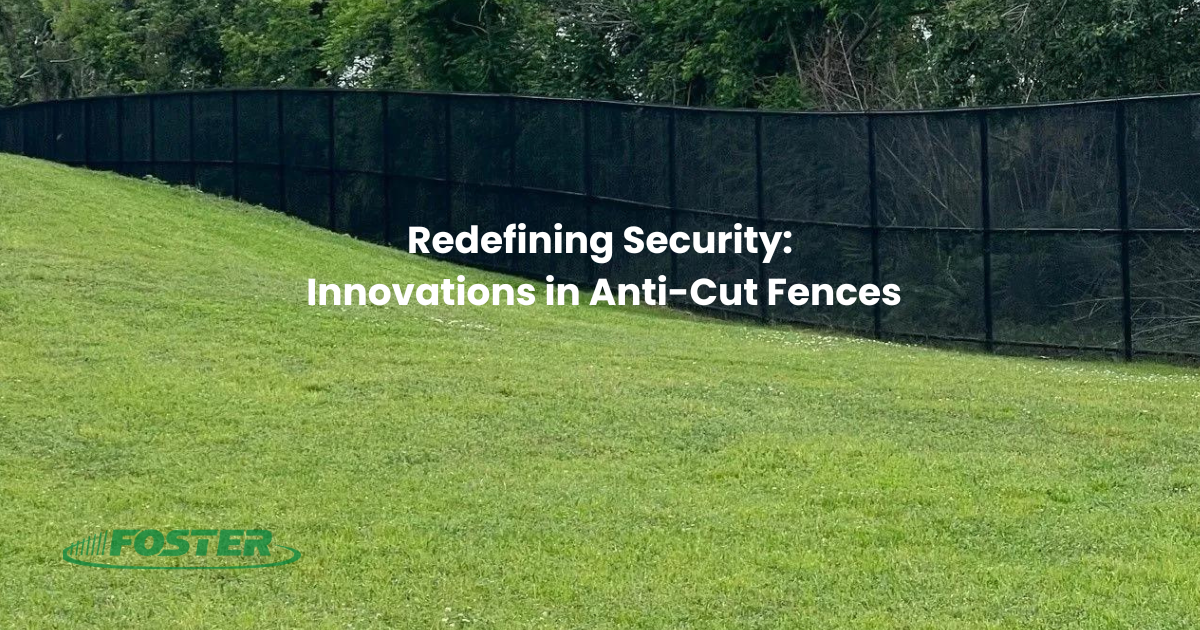Industrial Fencing: Barrier Against Weather Elements
Industrial fencing is an indispensable component of various industries,
Industrial fencing is a crucial component of many industries, providing a protective barrier against weather elements. It serves as more than just a security measure; industrial fencing plays a significant role in safeguarding facilities, equipment, and personnel from the adverse effects of weather conditions.
What is Industrial Fencing and Its Applications
Industrial fencing refers to a variety of fencing systems designed to meet the specific needs and challenges of industrial settings. It is used across various industries, including construction, agriculture, energy, manufacturing, and more. The primary purpose of industrial fencing is to provide security, control access, and ensure the safety of the facility and its surroundings.
Types of Industrial Fencing
- Chain Link Fencing - One of the most common types of industrial fencing. It consists of interwoven metal wires forming a sturdy mesh pattern. This type of fencing offers excellent visibility, ventilation, and durability, making it suitable for a wide range of applications. Chain link fencing is often used in industrial facilities, construction sites, and agricultural settings.
- Welded Wire Mesh Fencing - Made by welding individual wires together to form a rigid and durable structure. This type of fencing provides enhanced strength and security. It is commonly used in high-security areas, such as power plants, data centers, and military installations.
- Palisade Fencing - Features vertical steel or aluminum posts with pointed tops, creating a formidable barrier against intruders. Its design deters climbing and provides a high level of security. Palisade fencing is widely used in industrial sites, warehouses, and perimeter protection applications.
- Expanded Metal Fencing - Created by expanding a solid metal sheet to form a mesh-like pattern. This type of fencing offers high visibility, strength, and versatility. It is commonly used in industrial areas where both security and aesthetics are important.
Benefits of Industrial Fencing
- Weather Resistance - One of the significant advantages of industrial fencing is its ability to withstand various weather conditions. Whether it is strong winds, heavy snowfall, intense heat, or torrential rain, industrial fencing provides a protective barrier that minimizes weather-related damage. It ensures the structural integrity of the facility and prevents debris from entering critical areas.
- Design Adaptability - Industrial fencing can be customized to meet specific safety requirements and site conditions. Whether it's adjusting the height, adding additional features like barbed wire or electric fencing, or incorporating specialized coatings for corrosion resistance, industrial fencing can be tailored to suit the needs of different industries.
- Durability - Industrial fencing is built to withstand harsh environments and provide long-lasting protection. It is typically constructed using robust materials such as galvanized steel or aluminum, which are known for their strength and durability. This ensures that the fencing remains intact and effective, even in the face of extreme weather conditions.
Case Studies
- Construction Industry - Wind and Debris Protection: During construction projects, industrial fencing plays a vital role in protecting workers, equipment, and materials from high winds and flying debris. By encompassing the construction site with sturdy fencing, the risk of accidents and damage caused by windblown objects is significantly reduced.
- Agricultural Sector - Crop Protection: In the agricultural sector, industrial fencing helps protect crops from being damaged by wildlife, while also serving as a barrier against adverse weather conditions. This ensures the integrity and productivity of the agricultural operations, leading to higher yields and improved profitability.
- Energy Sector - Security and Safety: Industrial fencing is extensively used in the energy sector, particularly around power plants, substations, and transmission lines. It acts as a security barrier, preventing unauthorized access and protecting critical infrastructure from weather-related damage.
Industrial fencing is an indispensable component of various industries, providing a protective barrier against weather elements. With its durability, design adaptability, and ability to withstand harsh conditions, industrial fencing ensures the safety and integrity of industrial facilities. By investing in high-quality industrial fencing solutions, industries can effectively mitigate weather-related risks and maintain uninterrupted operations. From construction sites to agricultural fields and energy facilities, industrial fencing plays a vital role in safeguarding assets and personnel from the unpredictable forces of nature. Feel free to
contact us today for any questions.
You might also like

Foster Fence Ltd.
16700 Beaumont Hwy
Houston, Texas 77049
(281) 456-7273 phone
(281) 456-7285 fax
info@fosterfence.com
All Rights Reserved | Foster Fence | Privacy




